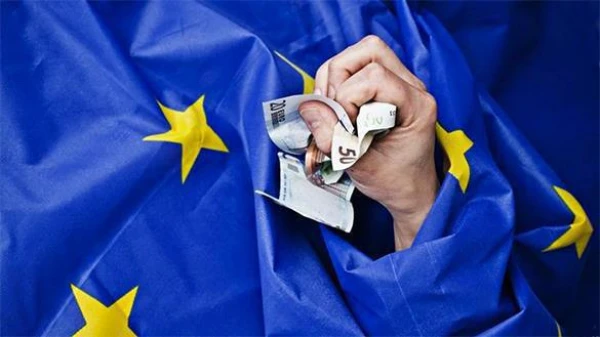
"Every euro exceeding €10,000 will become illegal tender," states the post, which has garnered over 2.6 million views, writes Otkrito.lv. The publication claims that "cash will soon become contraband" under EU laws.
As reported by Euronews, the EU has not actually banned cash. However, as part of a major reform aimed at combating money laundering, which is set to take effect in 2027, there will be a limit on the amount you can pay in cash to a business across the entire community.
This regulation is part of the EU's anti-money laundering package, which, among other measures, establishes a limit of €10,000 on cash payments in business transactions.
While businesses will no longer be able to accept cash payments exceeding this threshold, transactions between two private individuals in a non-professional context generally do not fall under these legal norms.
At the same time, national governments will still be able to set their own limits for amounts below €10,000.
According to a viral post, the EU is making "buying a car with cash" a crime. This is a misconception. Starting in 2027, buying a car with cash will not automatically be considered a crime, but it may be an illegal transaction depending on whom you are buying it from.
For example, if you want to buy a car worth more than €10,000 at a dealership, by law they cannot accept that amount in cash. However, you can purchase a car using a bank transfer or card.
Otherwise, Europeans will still be able to save, store, and withdraw any amount of cash. Everyday transactions, such as buying coffee or groceries, will remain unaffected. Therefore, it is incorrect to say that the EU is abandoning cash.
The new rule will not affect Latvia, as the country has long had an even stricter limit. In Latvia, cash transactions over €7,200 are prohibited. This applies to both individuals and legal entities.
Meanwhile, as previously reported by Otkrito.lv, the use of bank cards in Latvia has decreased while cash usage has increased.











